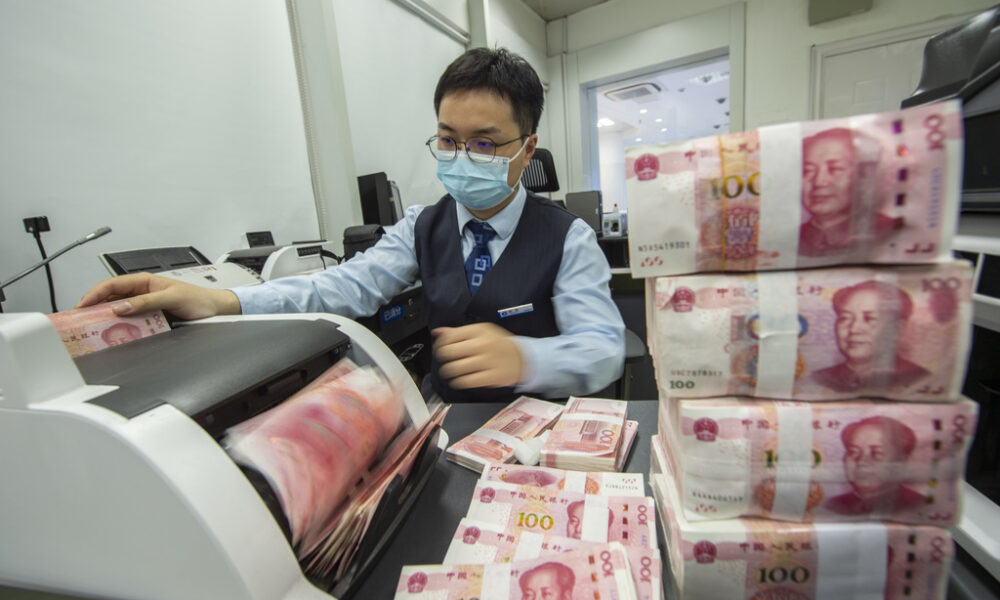Following the Federal Reserve’s interest rate hike and the monetary policy shift of Western countries, China should hold a cautious approach and base its monetary policy on its concrete economic conditions and development trend.
China and the United States’ economic cycles are not synchronized. The US has robust investment and consumption and inflation remains high while China urgently needs to boost investment and consumption and relieve its employment pressure.
The two countries naturally have different monetary policy focus and policy tools. While the Fed raises interest rates to control inflation, China needs to maintain enough liquidity to keep its economic pace and support enterprises during the pandemic. However, as China and the US are trade and investment partners, the Fed’s rate hike will reduce the US’ import demand, adversely affecting China’s exports, hitting its market confidence and accelerating its capital outflow. This will undermine China’s effort to increase investment and solve the employment problem.
However, the Fed’s rate hikes and the appreciation of the US dollar will also increase the relative price advantage of China’s export commodities. Whenever the Fed has raised interest rates, economically fragile countries have been hit by monetary, financial and even economic crises. International capital flowing out of these emerging markets may choose to flow into China, given its sound economic fundamentals and high national credit.
Therefore, China should maintain its sound monetary policy and increase its support for the real economy. Any of its monetary policies should focus on promoting economic growth and full employment.
It should seize the opportunity of narrowing interest rates with the US to expand international loans of the renminbi and further play the renminbi’s role as a financing currency, promote the further opening-up of its financial market to guide market expectations and make economic growth more stable and sustainable.

